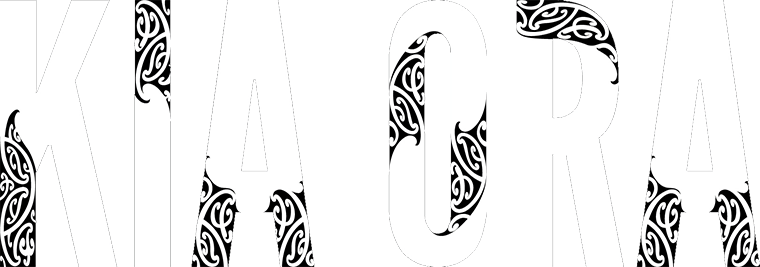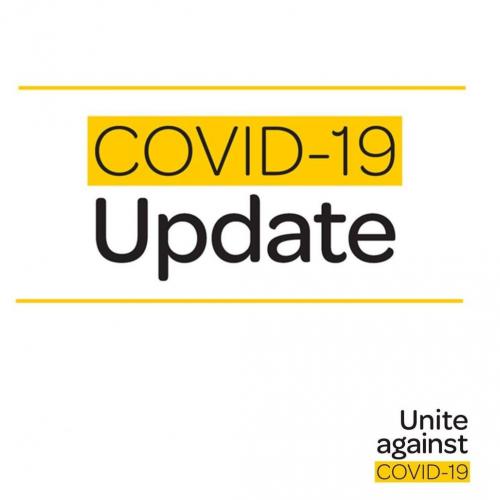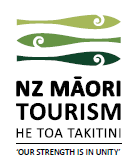Kia ora tātou,
Updates from today:
New Zealand south of the Auckland border will move to Alert Level 3 as at 11:59pm on Tuesday 30 August. It’s important that at Alert Level 3 we remain cautious. Cabinet will reassess the situation after one week.
Northland will likely move down to Alert Level 3 at 11:59pm on Thursday 2 September. However, this depends on the results of wastewater testing that are due to arrive on Tuesday (tomorrow).
Auckland remains at level 4 for at least another two weeks.
You do not need identification to access a vaccine.
Virtual Tourism Update – Tourism Industry Aotearoa
Date: Wednesday, 1 September 2021
Time: 9.30 am – 11.10 am
What to expect
- An update from Hon Stuart Nash, Minister of Tourism.
- TIA Chief Executive Chris Roberts will reveal the results of TIA’s latest operator survey and share what TIA is doing to tackle the big issues facing the industry.
- Professor Michael Baker, epidemiologist and COVID-19 elimination strategy expert will give an update on the current situation.
- Rhonda Parry from Our Minds Matter will help us manage the immediate stress of COVID-19 and show us what a resilient response looks like.
- Hear an update on TRENZ Connect and plans for future TRENZ events.
Register online before the hui.
IRD webinar - Māori Women’s Development Inc.
Rata Kamau from IRD on Tuesday 31 August at 12pm will discuss the Resurgence Support Package & tax relief options in a online wānanga.
Register online before the hui.
Wage Subsidy: what you need to know
The Wage Subsidy will be available for another two-week payment from 3 September. Ministry of Social Development (MSD) will have more information about this next week, including how to reapply.
The Wage Subsidy August 2021 is a payment (covering two weeks) to support employers throughout New Zealand, so they can continue to pay employees and protect jobs for businesses affected by the move to Alert Level 4 on 17 August 2021.
When applying for the Wage Subsidy, you are asked to compare your revenue (for the two weeks during lockdown) to the six weeks prior to the alert level rise (on 17 August) to prove that you had a reduction of 40% revenue.
However, for many tourism businesses, this comparison does not apply due to the seasonality of your work.
Tourism businesses would generally qualify for the Seasonal Comparison period, which means you can compare the same two weeks of lockdown to either 2020 or 2019.
Please read below the explanation from MSD about the ‘Seasonal Comparison Period’ and how the Wage Subsidy can apply to you. There is an example, plus contacts for any pātai, and the bottom of the text.
Seasonal comparison period
To qualify for the COVID-19 Wage Subsidy Scheme (August 2021), a business must have experienced (or expect to experience) a minimum 40% decline in revenue during the current revenue test period.
Generally, businesses must determine their decline in revenue using the default comparison period.
However, for businesses who have highly seasonal fluctuations in their revenue, the default comparison period might not give an accurate representation of what the business would have been expecting to earn during the current revenue test period. These businesses can use the seasonal comparison period.
The seasonal comparison period is the same period of 14 consecutive days as the current revenue test period, in 2020 or 2019.
The business can choose if the period in 2020 or 2019 gives the most accurate representation of what the business would have been expecting to earn during the current revenue test period.
Types of seasonal business
Some examples of businesses with highly seasonal revenue could be seasonal work such as harvesting fruit and vegetables, music festival or event planners whose peak seasons are during the summer months, or tourism businesses where the season starts on a specific date.
For example, the 6 weeks before the COVID-19 Alert Level change (i.e. the default comparison period) is their seasonal quiet period where they do not usually have any revenue coming in, or their revenue is low, but the 2 weeks after the Alert Level change is where they would have started to have revenue coming in, or increased revenue.
If they compare their revenue in the 14 days since the Alert Level change with a period of 14 consecutive days from the 6 weeks prior, it will look like the business has not had a loss of revenue. However, if they compare their revenue to the same 14-day period in 2019, they have clearly had a 40% decline in revenue they can attribute to the seasonal nature of their business. This is the 14-day period since the Alert Level changed, but in 2019.
Evidence
If asked, businesses will need to provide evidence to show the basis on which they consider their revenue to be seasonal and how the seasonality makes it harder to meet the decline in revenue with the default comparison period.
This could be information about:
· the type of work the business does or
· financial records showing the fluctuation in their revenue in different seasons.
The seasonal comparison period must be a reasonable representation of what the business would have been expecting to earn now if the business was not affected by the current escalation in Alert Levels.
Example
Jayne runs a tourism business and applies for the COVID-19 Wage Subsidy Scheme (August 2021) on 20 August 2021.
Her business is highly seasonal and their peak season only begins on 23 August 2021.
If Jayne used the default comparison period, this would not show her revenue decline as the business did not have much revenue in the 6 weeks before the first escalation to Alert Level 4 on 17 August 2021.
However, if she uses the seasonal comparison period, this shows what revenue the business would have received at the same time two years ago (before the business was impacted by COVID-19 in 2019).
Jayne compares what the business would have expected to get between 17 August and 30 August 2021, to the revenue received between 17 and 30 August 2019 and calculates a revenue loss of 40%. Jayne's business meets the qualifications for the COVID-19 Wage Subsidy Scheme (August 2021).
Got any pātai on the wage subsidy?
Email Insook McDonald, Account Manager Industry Partnerships - Insook.McDonald005@msd.govt.nz or,
industrypartnerships@msd.govt.nz and someone will be in touch.
Noho ora mai,
NZ Māori Tourism



